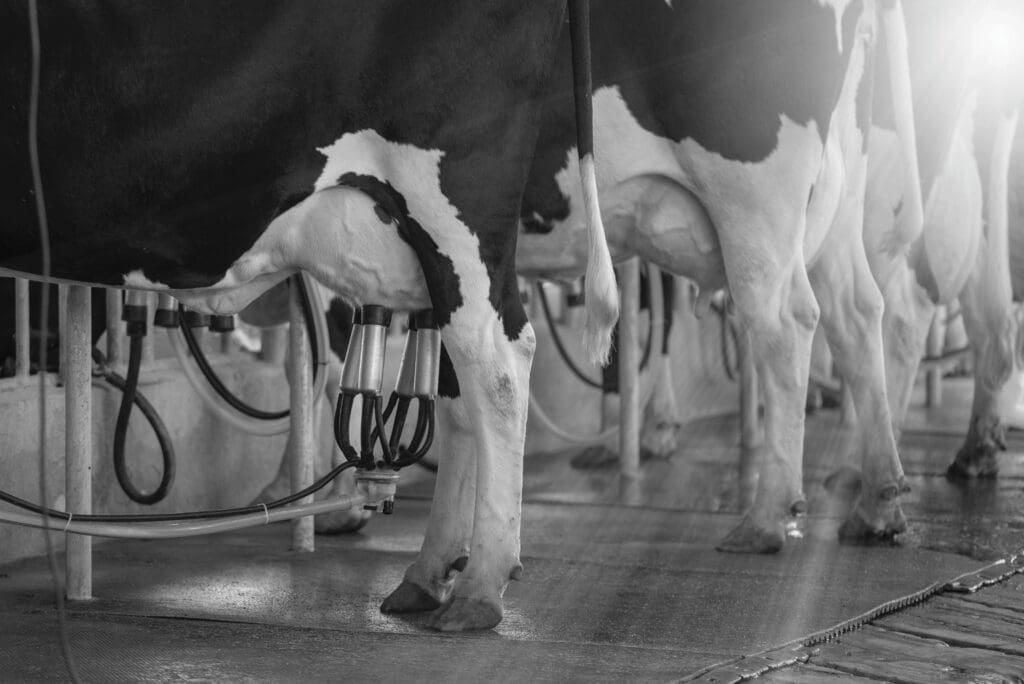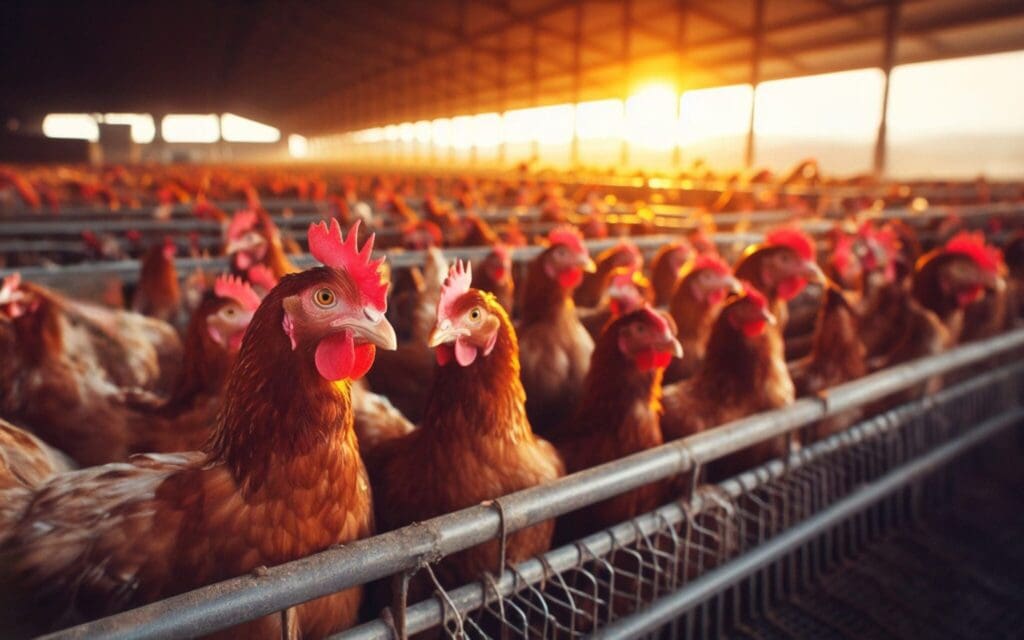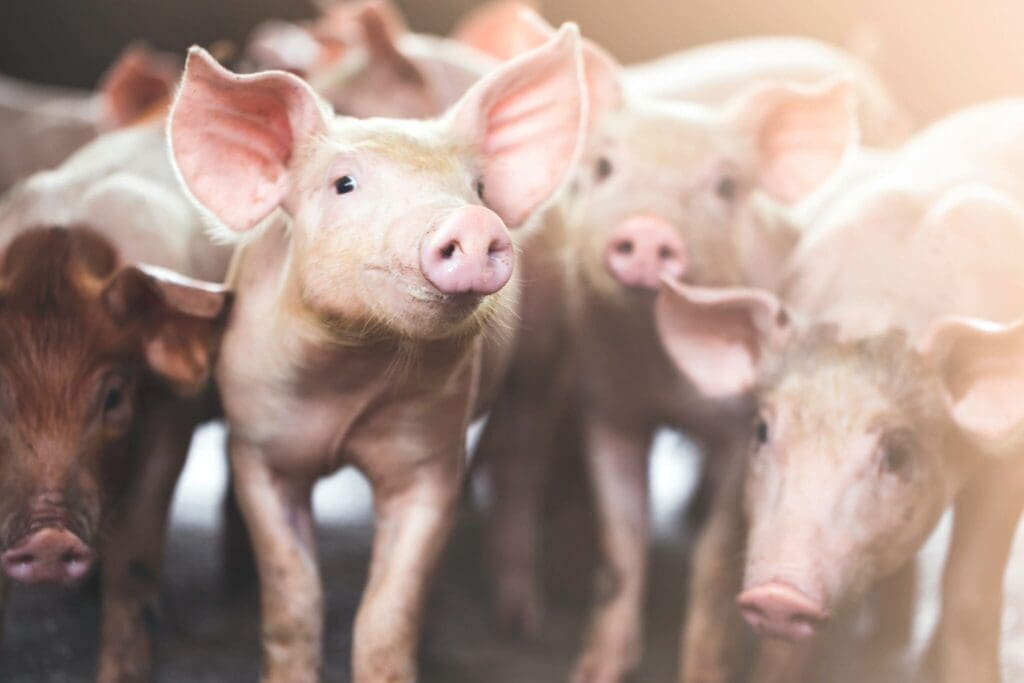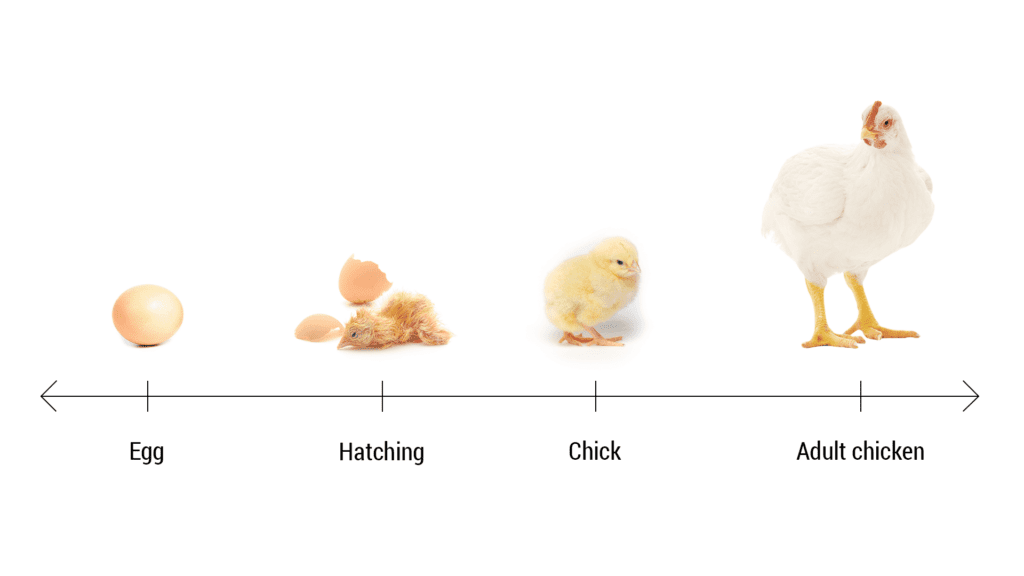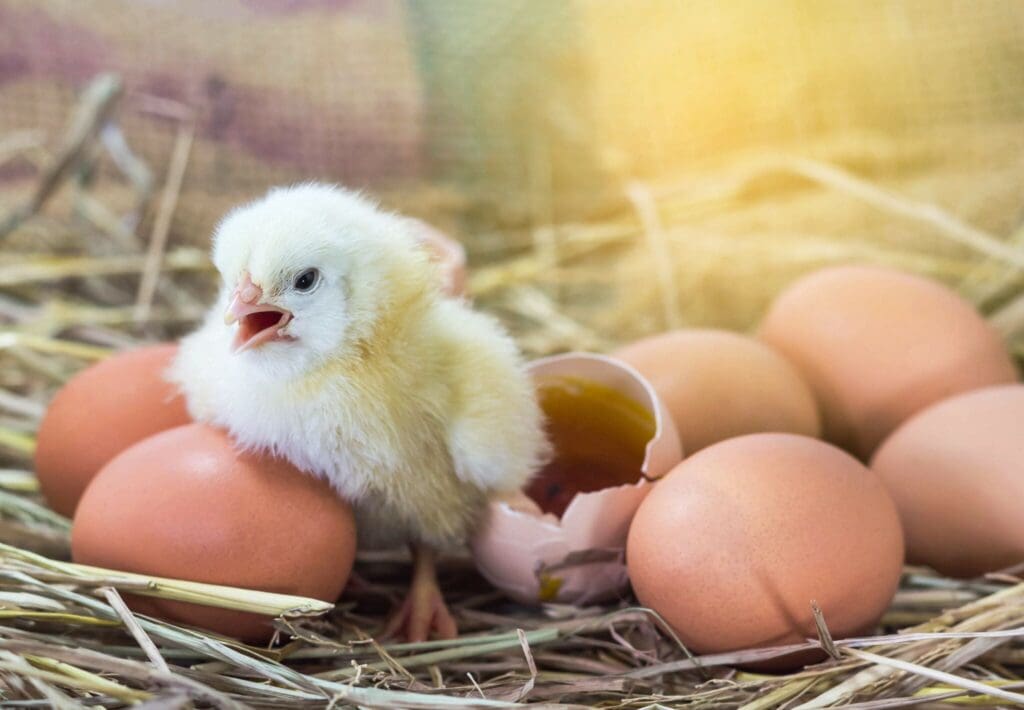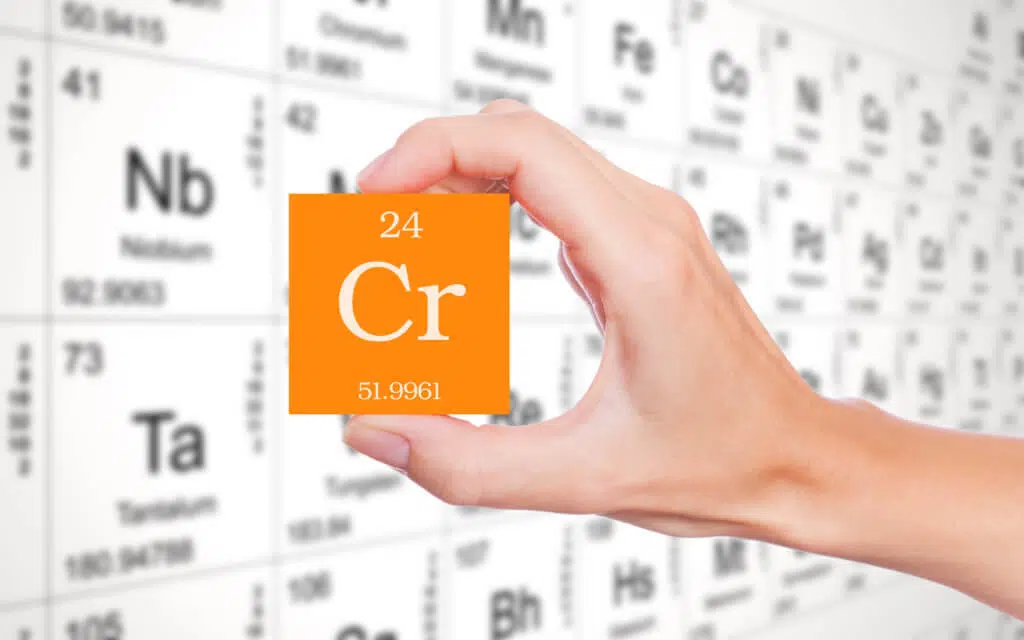Heat stress has become one of the most important factors to affect the efficiency of poultry production, resulting in high economic losses. Heat stress not only negatively influences production performance, but it also has a detrimental effect on meat and egg yield, meat and egg quality, reproductive performance, intestinal function, and immune response. Dietary supplementation of chromium has gained significant popularity in poultry production due to its mitigating effects on heat stress. Animals exposed to environmental stressors such as heat stress have increased blood corticosterone levels, a hormone that is a strong immune-suppressor and growth inhibitor. The principle mechanism by which chromium mitigates the effects of heat stress in poultry is through reduced corticosterone activity, thereby decreasing the negative effects on growth and the immune system.
Chromium is considered an essential element, because:
- Chromium is required for digestion of carbohydrates, protein, fat, and nucleic acids. As an antioxidant, chromium improves the function of organs responsible for digestion, such as the liver and pancreas, by increasing the secretion of digestive enzymes.
- Chromium has a primary role in insulin activity. Insulin stimulates increased muscle uptake of glucose and amino acids, resulting in improved muscle development and growth.
- The major immune organs in poultry included the spleen, thymus and bursa of Fabricus, which are responsible for the production of antibodies involved in the immune response. While chromium decreases the concentration of corticosterone, it also increases the production of lymphocytes, antibodies, and antibody titers from these immune organs.
Bioavailability
The bioavailability of chromium is influenced by numerous factors, including the level of supplementation, the site of absorption, the chromium source, and the presence of other mineral and nutrients. In poultry, chromium is mainly absorbed in the jejunum, where it binds to proteins and minerals to form chelates. The absorption of chromium from the gut is increased in the presence of amino acids, ascorbic acid, and oxalate. Organic complexes are absorbed more efficiently, between 25% and 30% more than inorganic complexes (1% to 3%), regardless of dose or dietary status. This is due to inorganic chromium binding irreversibly to ingested materials in the gut, thereby decreasing its absorption from the small intestine and lowering its bioavailability.
The positive effect of chromium
The effect of chromium on growth performance
High environmental temperature makes it difficult for birds to dissipate heat, which increases their body temperatures and lowers their feed intake. In broiler studies where chromium was supplemented, the results indicated improved body weight, average daily gain and feed conversion, with significantly reduced respiration rates.
The effect of chromium on carcass yield
Birds that are heat-stressed have a lower intramuscular fat content in breast tissue and higher abdominal fat deposition due to the effect of cholesterol (corticosterone) on lipid metabolism. When insulin levels are low, glucose cannot be oxidised and utilised for energy and are subsequently converted into fatty acids and are stored in adipose tissue as triglycerides. The primary mechanism by which chromium improves carcass yield is through reduced cholesterol and triglyceride concentrations, resulting in improved carcass yield and reduced abdominal fat deposition.
The effect of chromium on laying hens
In layer hen studies where chromium was supplemented, results showed improvements in feed intake, feed conversion ratio, egg production, and egg weight. In addition, chromium also improved egg yolk mineral content (iron, zinc, and chromium), as well as reduced malondialdehyde (a marker for oxidative stress) and cholesterol concentrations. In addition to increased performance, chromium supplementation also resulted in improved eggshell strength and quality.
The effect of chromium on the immune system
Chromium supplementation has been shown to decrease cholesterol concentration and increase antibody production in layers and broilers. Chromium improves immune response to stress by decreasing oxidative damage to immune organs due to its strong anti-oxidative properties. In turn, the production of lymphocytes and antibodies to fight environmental stress or infectious diseases are increased.
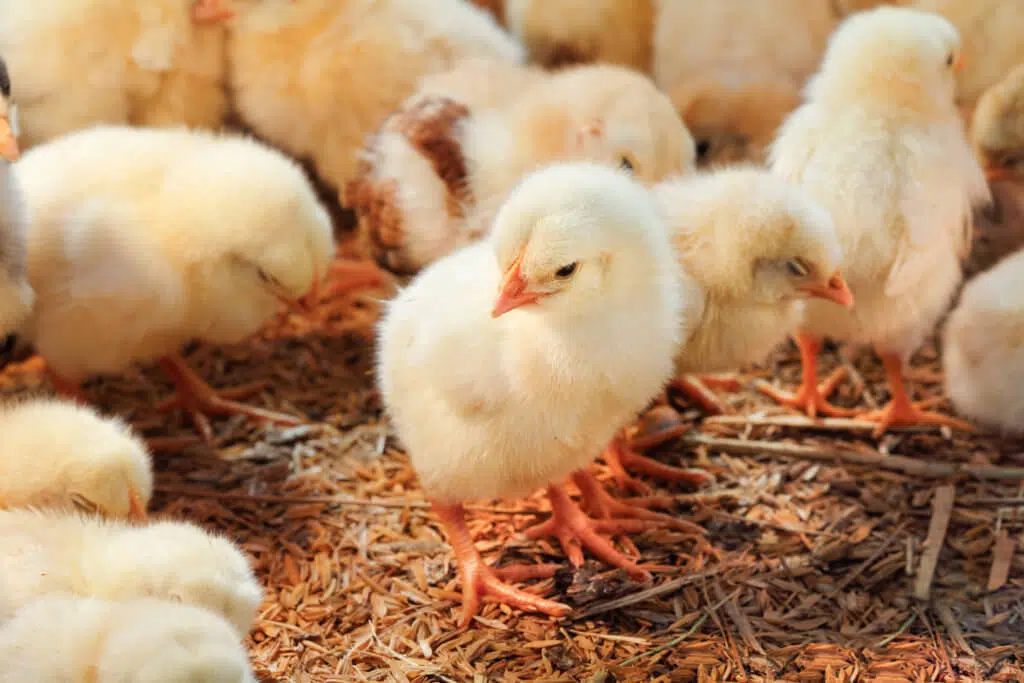
Conclusion
Poultry diets consist mostly of plant-based sources, which are naturally low in chromium content with low bioavailability, resulting in a generally low chromium intake. Currently there is no recommendation for chromium supplementation in poultry diets, despite research that shows increased urinary excretion of minerals, including chromium, when animals are exposed to stress. If you consider these losses, as well as the positive impact chromium has on production efficiency under stressed conditions, there is enough evidence that highlights the fact that chromium mitigates heat stress in poultry.
